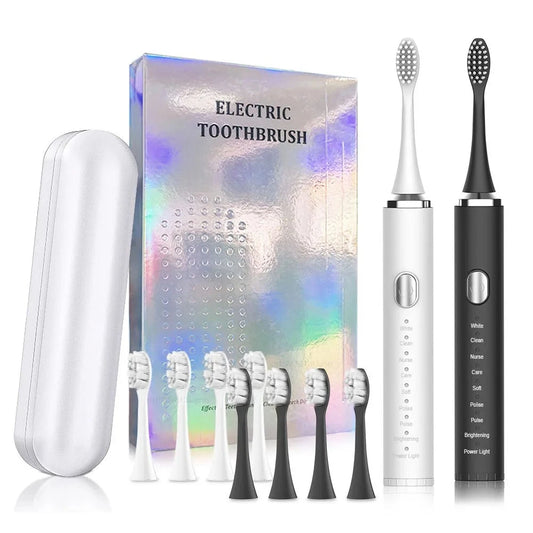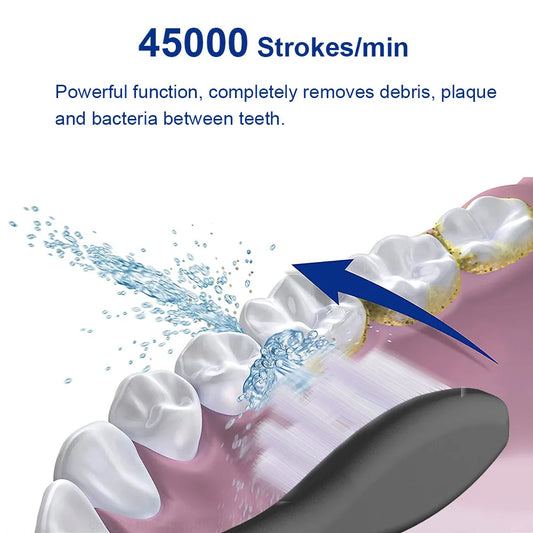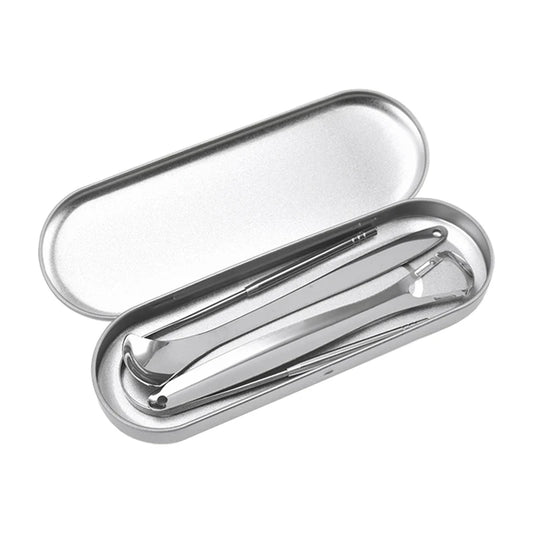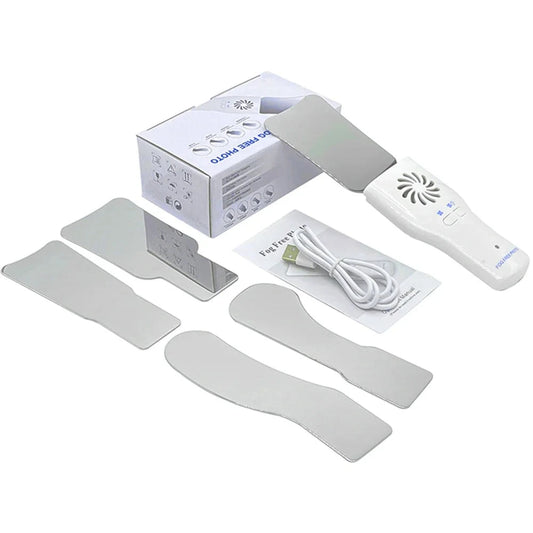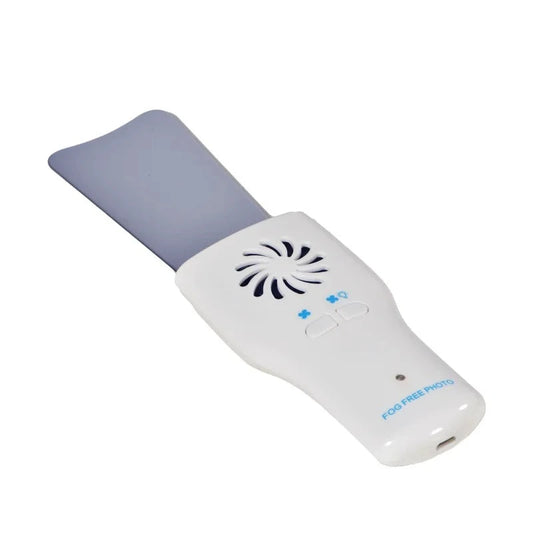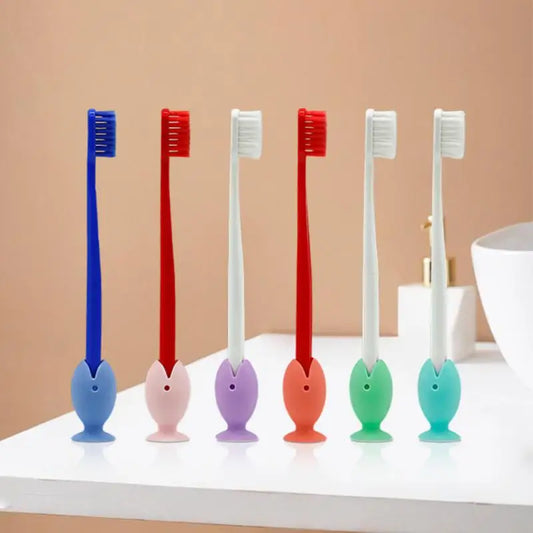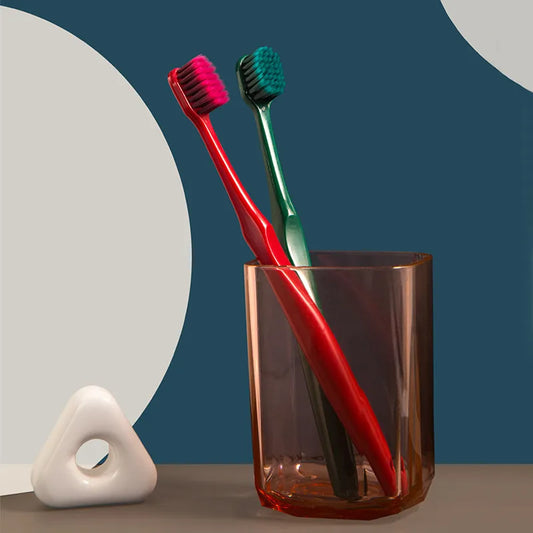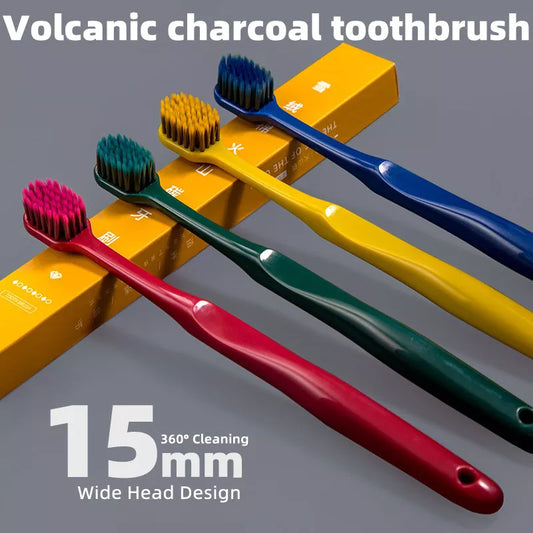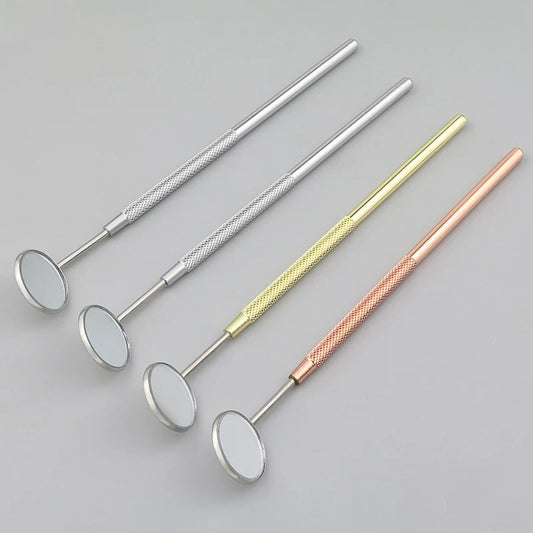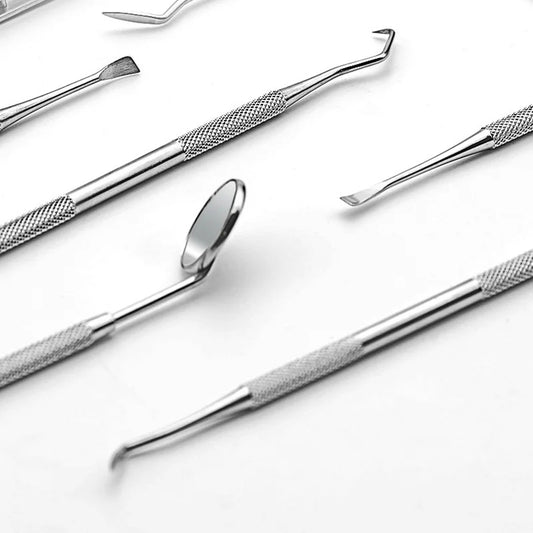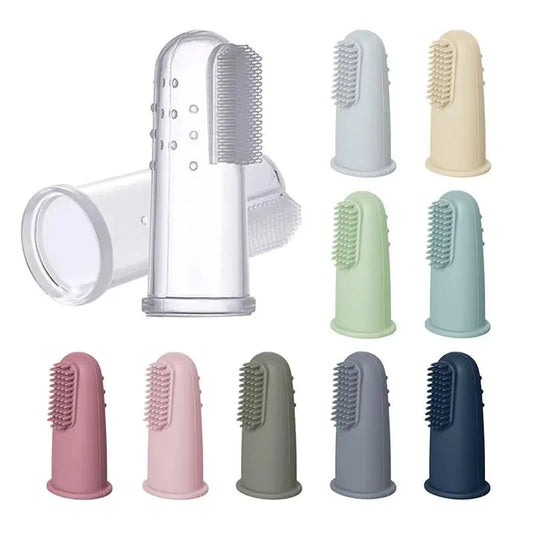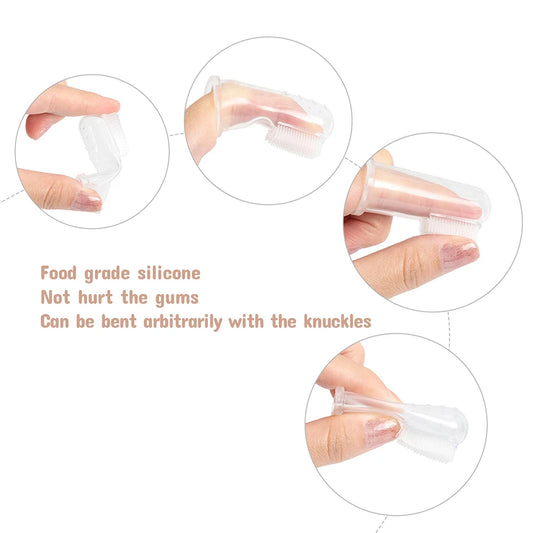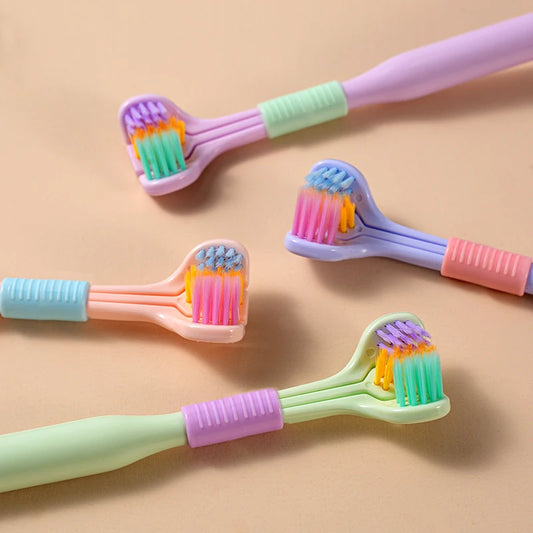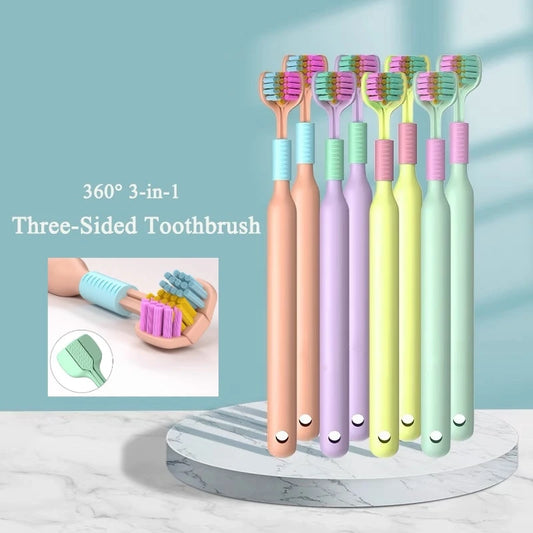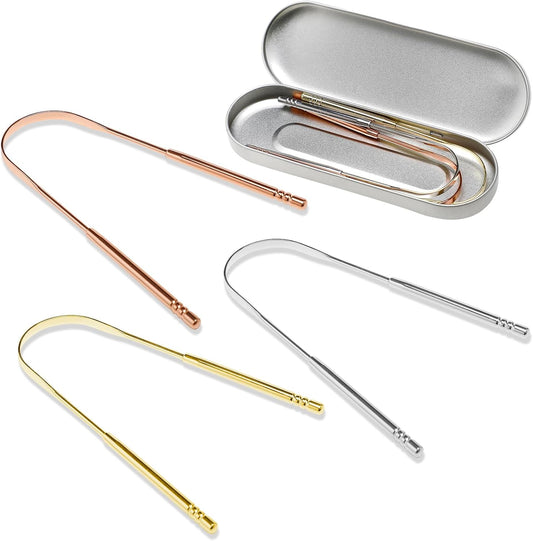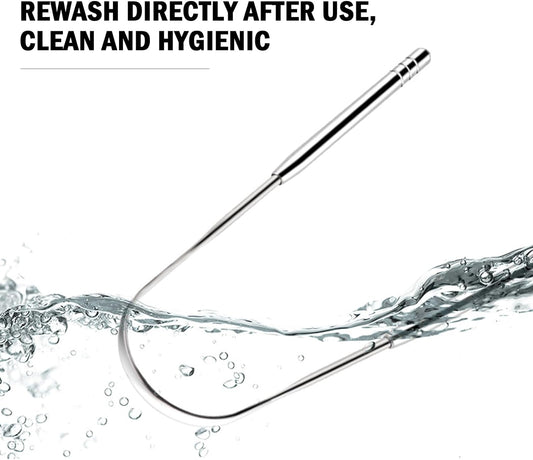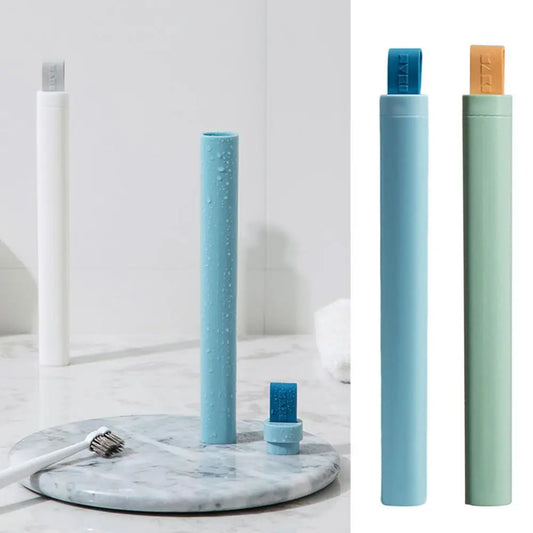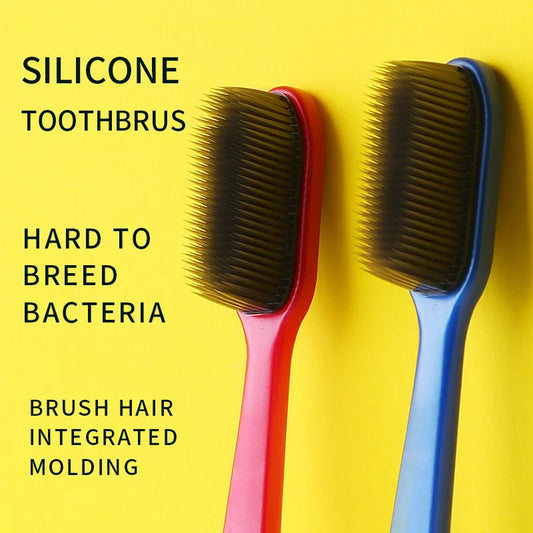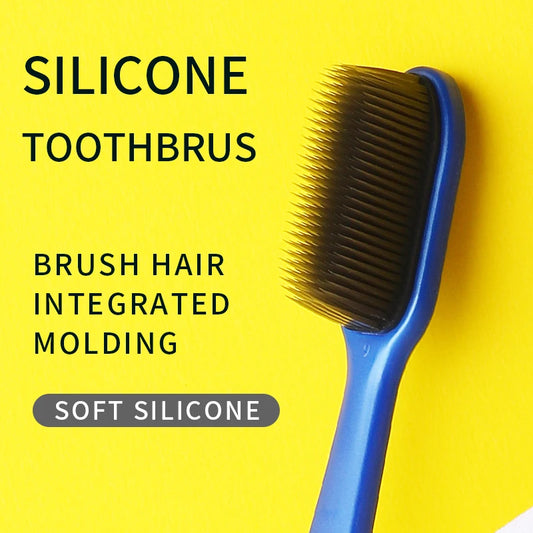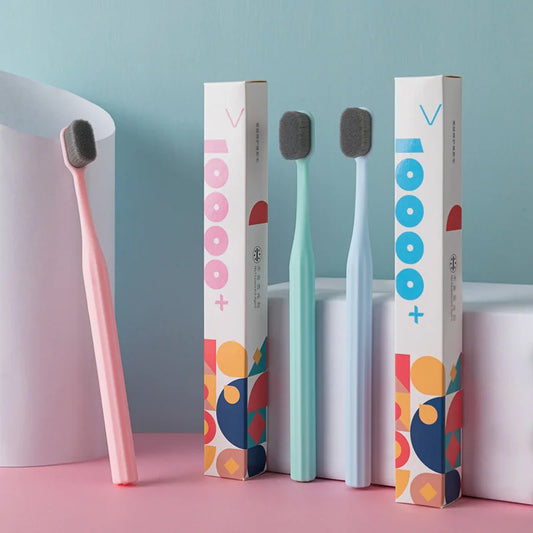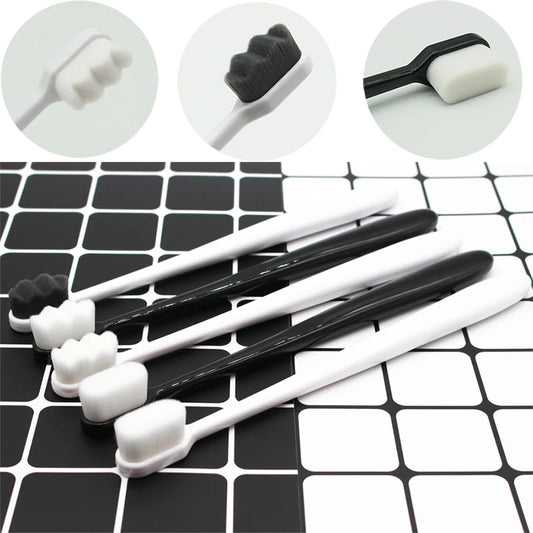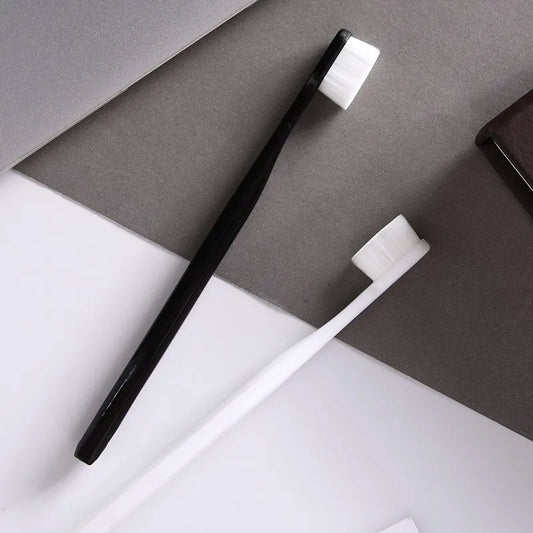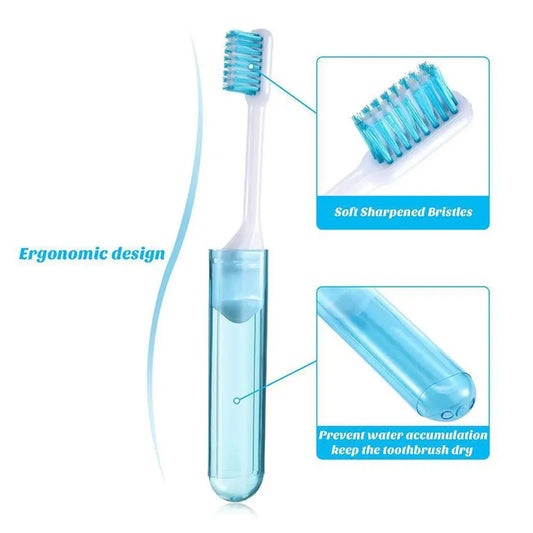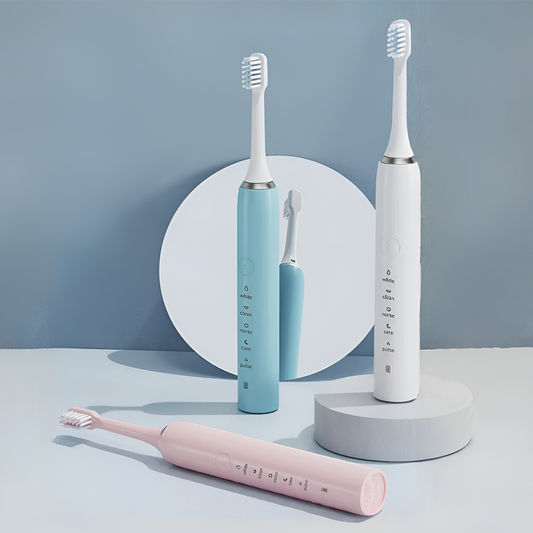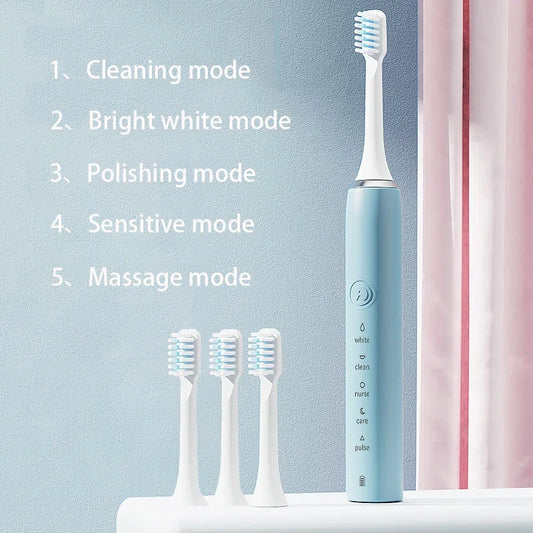Sleep is essential for overall health, but did you know that poor oral hygiene can disrupt your ability to rest well? Ignoring nighttime oral care can lead to discomfort, health issues, and restless nights.
In this blog, we’ll explore how oral health impacts your sleep and share actionable tips for creating a bedtime routine that supports both your teeth and your slumber.
How Oral Health and Sleep Are Connected
Your oral health and sleep quality are more linked than you might think. Common issues include:
- Toothache: Cavities or gum inflammation can cause pain that disrupts your sleep.
- Bruxism (teeth grinding): Grinding your teeth during sleep can lead to jaw pain and restless nights.
- Dry Mouth: A lack of saliva during sleep can cause discomfort and bad breath.
- Sleep Apnea: Oral health problems like misaligned teeth or inflammation can exacerbate sleep apnea symptoms.
Addressing these problems with proper oral care can significantly improve your rest.
1. Establish a Nighttime Oral Hygiene Routine
A consistent oral hygiene routine is key to preventing sleep-disrupting issues:
- Brush your teeth: Use a fluoride toothpaste and brush for at least two minutes.
- Floss: Remove food particles and plaque between teeth.
- Rinse with mouthwash: Choose one that fights bacteria and promotes gum health.
Completing these steps before bed helps keep your mouth clean and comfortable overnight.
2. Stay Hydrated
Dehydration can cause dry mouth, which may lead to discomfort and bad breath. To stay hydrated:
- Drink water throughout the day.
- Keep a glass of water beside your bed in case you wake up thirsty.
- Avoid alcohol and caffeine before bedtime, as they can dehydrate you.
3. Address Bruxism (Teeth Grinding)
If you grind your teeth at night, it can lead to jaw pain and sleep disturbances. Combat bruxism by:
- Wearing a custom nightguard recommended by your dentist.
- Practicing stress-reducing techniques, such as meditation or yoga.
- Limiting caffeine and sugar intake before bedtime.
4. Combat Snoring and Sleep Apnea
Oral health plays a role in conditions like snoring and sleep apnea. You can:
- Discuss oral appliance therapy with your dentist.
- Maintain a healthy weight, as obesity can worsen sleep apnea symptoms.
- Sleep on your side instead of your back to improve airflow.
5. Avoid Late-Night Snacking
Eating or drinking sugary items before bed increases the risk of cavities and gum disease. If you must snack, opt for:
- Crunchy vegetables like carrots or celery.
- Foods high in calcium, like cheese.
Always rinse with water or brush your teeth afterward.
6. Schedule Regular Dental Checkups
Regular visits to your dentist ensure that any oral health issues are addressed early, preventing problems that could disrupt your sleep. Aim for a checkup and cleaning every six months or as recommended by your dentist.
Conclusion
Your nighttime oral care routine is more important than you might realize. Poor oral hygiene doesn’t just impact your smile—it can also disrupt your sleep. By creating and sticking to a simple, effective bedtime routine, you can enjoy restful nights and healthier teeth.
Looking for the perfect products to enhance your nighttime oral care? Check out our range of toothbrushes, floss, and mouthwashes designed to support your bedtime routine!


